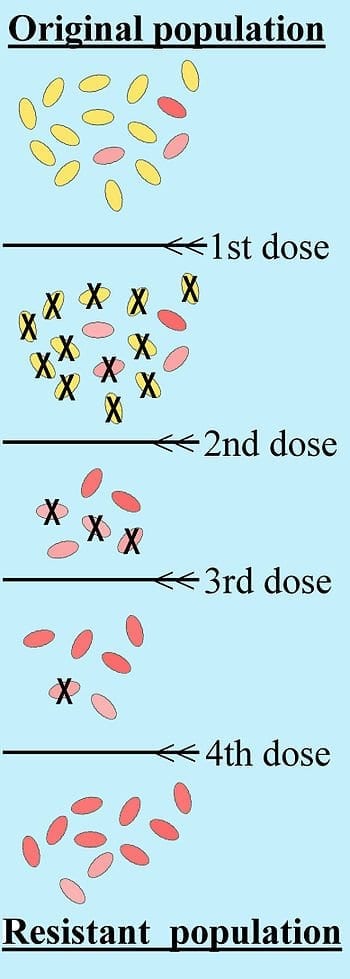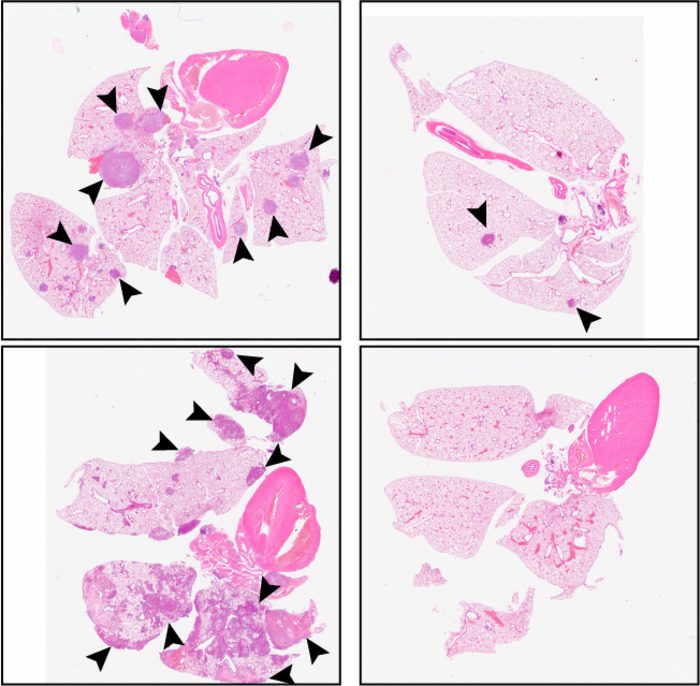
via University of Manchester
Scientists have discovered a new route to produce complex antibiotics exploiting gene editing to re-programme pathways to future medicines urgently required to combat antimicrobial resistance, treat neglected diseases and tackle future pandemics.
Researchers from The University of Manchester have discovered a new way of manipulating key assembly line enzymes in bacteria which could pave the way for a new generation of antibiotic treatments.
New research published today in Nature Communications, describes how CRISPR-Cas9 gene editing can be used to create new nonribosomal peptide synthetase (NRPS) enzymes that deliver clinically important antibiotics. NRPS enzymes are prolific producers of natural antibiotics such as penicillin. However, up until now, manipulating these complex enzymes to produce new and more effective antibiotics has been a major challenge.
The UK government suggest antimicrobial resistance (AMR) infections are estimated to cause 700,000 deaths each year globally and are predicted to rise to 10 million, costing the global economy $100 trillion, by 2050. AMR also threatens many of the UN’s Sustainable Development Goals (SDGs), with an extra 28 million people that could be forced into extreme poverty by 2050 unless AMR is contained.
The Manchester team says the gene editing process could be used to produce improved antibiotics and possibly lead to the development of new treatments helping in the fight against drug-resistant pathogens and illnesses in the future. Jason Micklefield, Professor of Chemical Biology at the Manchester Institute of Biotechnology (MIB), UK, explains: “The emergence of antibiotic-resistant pathogens is one of the biggest threats we face today.”
“The gene editing approach we developed is a very efficient and rapid way to engineer complex assembly line enzymes that can produce new antibiotic structures with potentially improved properties.”
The emergence of antibiotic-resistant pathogens is one of the biggest threats we face today. The gene editing approach we developed is a very efficient and rapid way to engineer complex assembly line enzymes that can produce new antibiotic structures with potentially improved properties.
Professor Jason Micklefield
Microorganisms in our environment, such as soil dwelling bacteria, have evolved nonribosomal peptide synthetase enzymes (NRPS) that assemble building blocks called amino acids into peptide products which often have very potent antibiotic activity. Many of the most therapeutically important antibiotics, used in the clinic today, are derived from these NRPS enzymes (e.g. penicillin, vancomycin and daptomycin).
Unfortunately, deadly pathogens are emerging which are resistant to all of these existing antibiotic drugs. One solution could be to create new antibiotics with improved properties that can evade the resistance mechanisms of the pathogens. However, the nonribosomal peptide antibiotics are very complex structures which are difficult and expensive to produce by normal chemical methods. To address this, the Manchester team use gene editing to engineer the NRPS enzymes, swapping domains that recognise different amino acid building blocks, leading to new assembly lines that can deliver new peptide products.
Micklefield added: “We are now able to use gene editing to introduce targeted changes to complex NRPS enzymes, enabling alternative amino acids precursors to be incorporated into the peptide structures. We are optimistic that our new approach could lead to new ways of making improved antibiotics which are urgently needed to combat emerging drug-resistant pathogens.”
Original Article: Manchester scientists produce new antibiotics by gene editing
More from: University of Manchester
The Latest Updates from Bing News & Google News
Go deeper with Bing News on:
New antibiotics development
- Antibiotic Alternative Produced by Gram-Positive Bacteria
Due to increasing antibiotic resistance in pathogens causing infections, the development of new antibacterial substances is needed. Scientists are testing out a new group of substances produced by ...
- Possible alternative to antibiotics produced by bacteria
Many bacteria produce substances to gain an advantage over competitors in their highly competitive natural environment. Researchers have discovered a new so-called lantibiotic, namely epilancin A37.
- Swedish-led team discovers potential new class of antibiotics, hope for AMR fight
A new antibiotic against gram-negative bacteria hasn’t been developed since the 1970s. Now, a European research team led by Swedish scientists has discovered multi-drug-resistant bug-killing compounds ...
- Researchers develop vaccine to fight antibiotic resistance
Driven by the overuse of antimicrobials, pathogens are quickly building up resistances to once-successful treatments. It’s estimated that antimicrobial-resistant infections killed more than 1 million ...
- F.D.A. Approves Antibiotic for Increasingly Hard-to-Treat Urinary Tract Infections
Pivmecillinam, which has been used in Europe for decades, will become available next year to women 18 and older.
Go deeper with Google Headlines on:
New antibiotics development
[google_news title=”” keyword=”new antibiotics development” num_posts=”5″ blurb_length=”0″ show_thumb=”left”]
Go deeper with Bing News on:
Antibiotic treatments
- BioMérieux Vitek AST Kit Recall Given FDA Class I Treatment
The recall details that the affected kits contain incorrect concentrations of Ceftriaxone antibiotic in two wells.
- FDA Approves New Antibiotic for Uncomplicated Urinary Tract Infections
The U.S. Food and Drug Administration has approved Pivya (pivmecillinam) tablets for the treatment of female adults with uncomplicated urinary tract infections (UTIs). The approval is for UTIs caused ...
- New treatment strategy could bring children with pneumonia home from hospital earlier
The PediCAP clinical trial found that children recover just as well if they switch from injectable to oral antibiotics once a health care worker confirms that they are improving. This would allow ...
- No Antibiotics Needed – Revolutionary Chronic Wound Treatment Could Help Millions
An international team of scientists has developed a new treatment for chronic wounds that uses ionized gas to activate a wound dressing, without the need for antibiotics. The treatment involves the pl ...
- A vaccine to combat antibiotic resistance
A team of researchers at Michigan State University have outlined an approach to combating a prevalent public health issue: the development of treatment-res | Technology ...
Go deeper with Google Headlines on:
Antibiotic treatments
[google_news title=”” keyword=”antibiotic treatments” num_posts=”5″ blurb_length=”0″ show_thumb=”left”]










